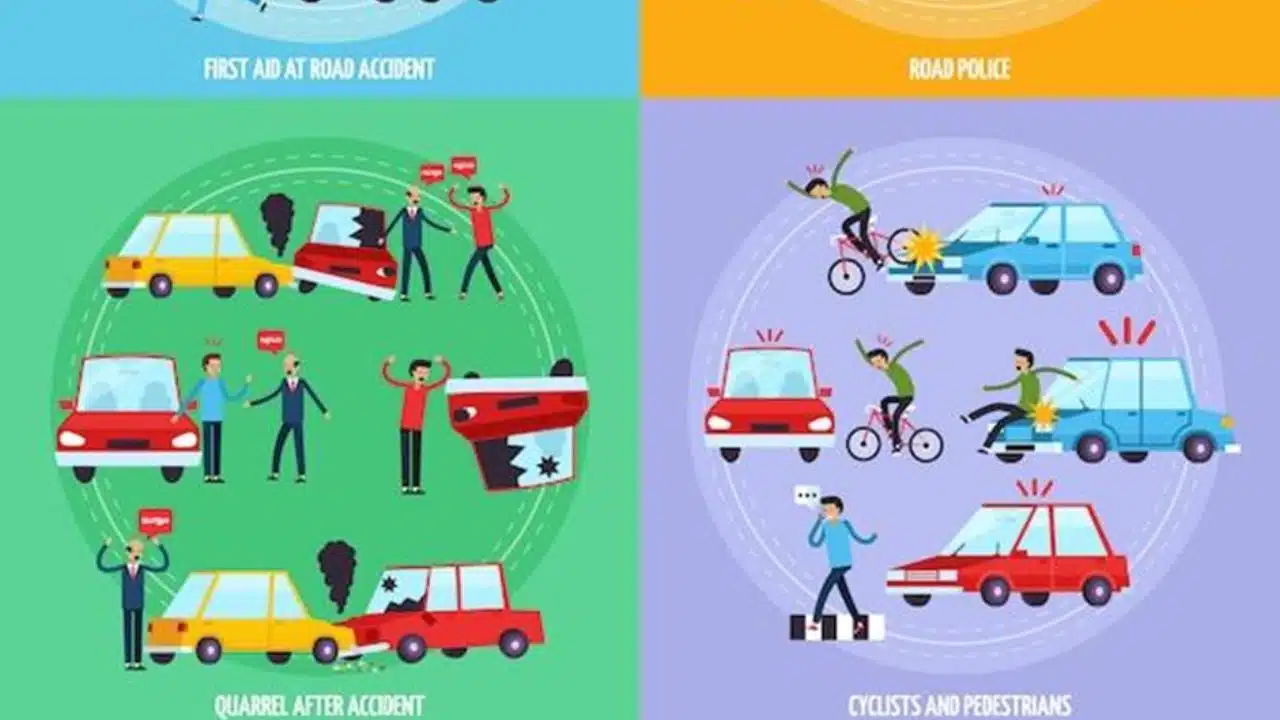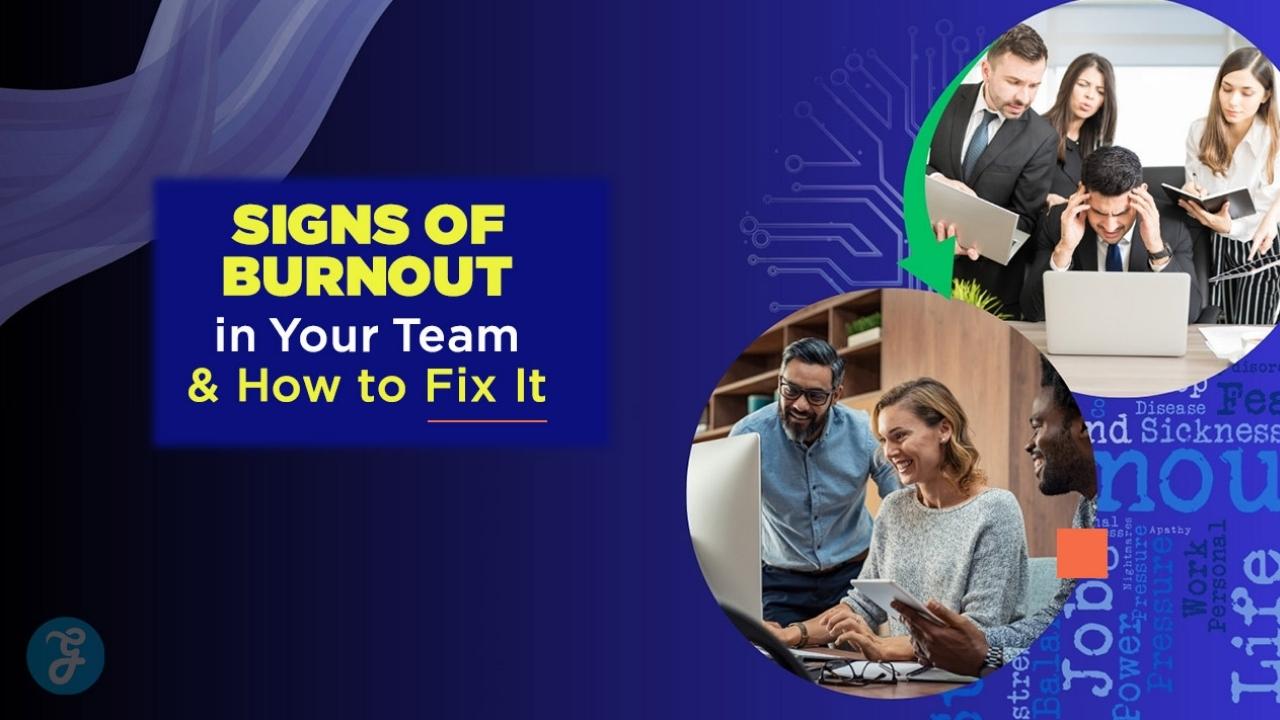A car crash leaves you with immense emotional trauma, along with bruises and cuts. Survivors are haunted by the terrible memories of the accident, which affects their mental well-being.
Some individuals even develop disorders, including PTSD. The following article highlights the seven most prominent signs of this disorder. If you or anyone around you is experiencing these symptoms, they need professional help.
You might not consider them serious health concerns, but these mental disorders significantly impact your life.
1. Seeing Flashbacks
When flashbacks from the crash site keep bothering your mind for a long time, it could be a clear indication of a mental problem.
Reliving through the accident or having regular flashbacks of the incident isn’t a healthy sign, and you will need treatment. According to experts at Costello Law Firm, “A car crash can leave you severely wounded, both physically and mentally.”
Sadly, most people only give importance to physical wounds, but in reality, they should give equal importance to their mental condition.
2. Avoiding to Talk About the Crash
Avoidance is the most prominent sign of PTSD, where you avoid discussing the details of the incident with anyone. You try to suppress your feelings or forget about the crash, but both approaches harm your mental health.
If you can’t bring yourself to talk about the event or get extremely upset when someone brings up the topic, the issue is more serious than you might think and requires proper attention.
3. Unable to Sleep
Post-traumatic stress disorder also leads to sleepless nights. No matter how much you try, your mind won’t let you forget about the crash, and that’s when survivors start avoiding sleep.
These individuals feel uneasy the moment they lie down, making it crucial to address the problem before it takes a toll on their health. After all, the more sleepless nights you spend, the more your health deteriorates.
Of course, before reaching out for help, ensure your sleep issues are not related to physical pain in your body. If you can’t sleep due to pain from injuries suffered during the crash, then it isn’t PTSD.
4. Your Mind isn’t in the Right Place
Accidents are life-threatening situations where survivors end up with changed personalities. However, if you can’t seem to concentrate on anything or feel distracted even while awake, it might be an alarming situation.
People with PTSD find themselves anxious and less able to focus on any task. Even the activities that brought them joy become insignificant.
To overcome the problem, observe yourself for a few days. If you don’t make any progress, it’s a clear sign that you have developed this disorder.
5. Avoiding Traveling or Going out of the House
With car crashes, there is no end to your misery. Several survivors isolate themselves and avoid going out anywhere, especially in a car.
They feel scared to step out of their homes and keep themselves locked inside their rooms. At the moment, it seems the best possible solution, but it is a clear sign of PTSD.
Spending more time alone or avoiding traveling in a car due to fear of another crash won’t be helpful. Isolating oneself or failing to face your fears will only cause your mental health to deteriorate.
Therefore, the minute you realize the issue, consult with a professional. Timely finding an experienced individual could be the first step towards recovery.
6. Being Irritated at all Hours
Being irritated or aggressive is also a sign that you might have PTSD. After a crash, many people see a sudden change in their personalities. For example, those individuals who were always calm become more violent.
Similarly, some people become unreasonable and harsh and snap at everyone around them. These signs are often brushed off as after-effects of an accident, but they might be the early signs of PTSD.
Instead of ignoring your feelings, try to understand the problem. If you find yourself agitated without a reason or feel on the edge all the time, there is certainly some serious issue.
7. Experiencing Severe Mood Swings
Another symptom of PTSD is mood swings. Crash survivors experience a range of emotions where they will be content with life one minute, and the next second, they will start feeling hopeless about their situation.
If you are unable to explain your emotions to anyone and can’t think of a reason why your mind is having such contrasting thoughts, it’s a clear sign of PTSD. You will be able to notice these signs yourself, and even someone close to you will be able to identify the problem.
In such circumstances, visiting a therapist becomes a must because delaying treatment could make the situation worse.
Conclusion
It’s not just the physical wounds that make your life difficult, but the emotional stress that impacts your health. Thus, consider both your physical and mental well-being.
Through the identification of common symptoms of PTSD, you can diagnose the issue early on and recover quickly.



































